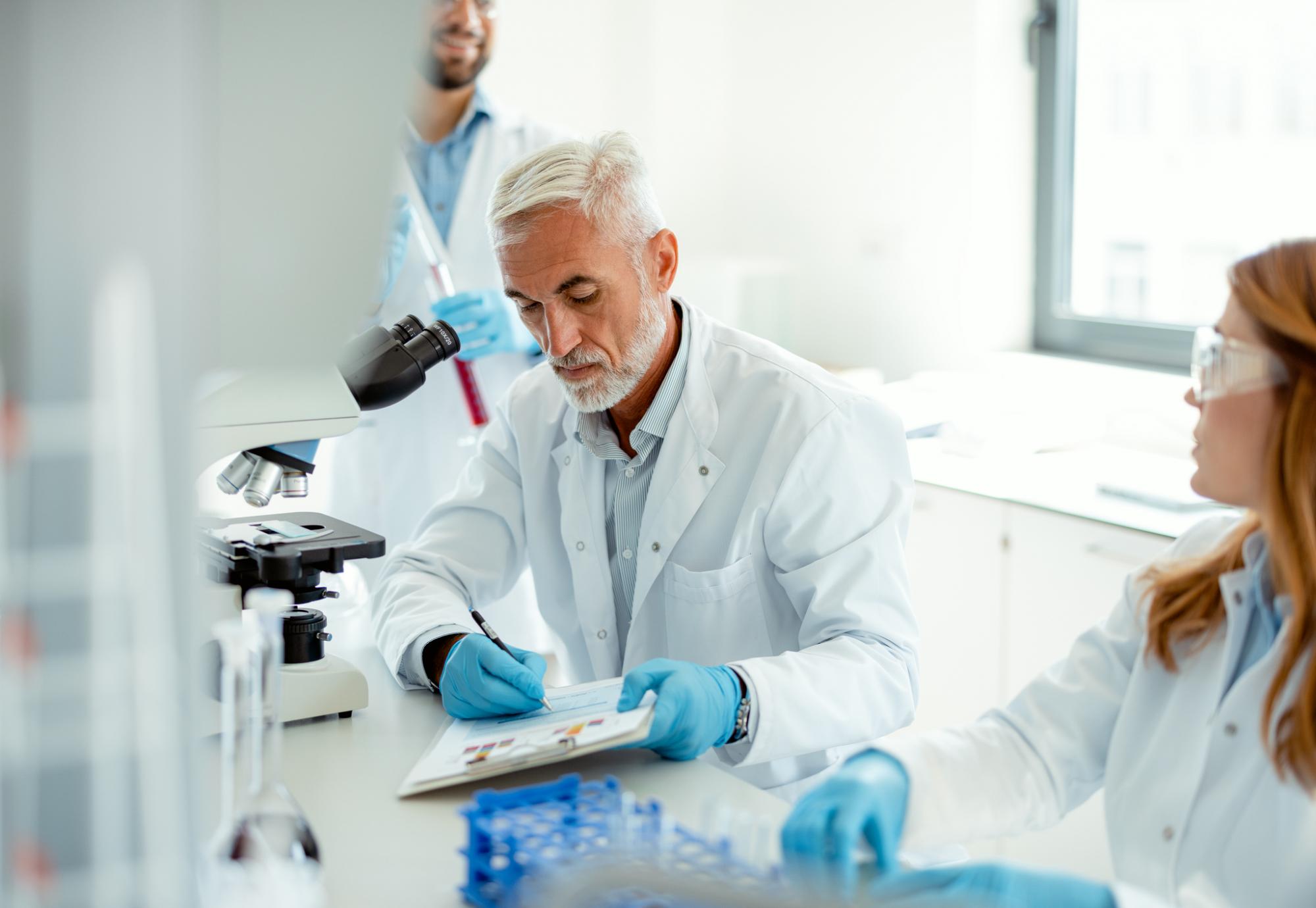West Hertfordshire Teaching Hospitals NHS Trust (WHTH) has become the first NHS Trust to implement a fully digital, technology-enabled care pathway for colorectal cancer patients, introducing digital prehabilitation (‘prehab’) services as part of its innovative approach.
In a year-long pilot programme, Kent-based digital health company QuestPrehab will support 300 patients before and after surgery, offering personalised digital programmes focused on exercise, nutrition, and psychological wellbeing.
Prehabilitation is an emerging field in healthcare that aims to enhance a patient’s overall health and physical condition prior to surgery or treatment, ultimately improving recovery outcomes. Patients who complete prehab are shown to have fewer hospital readmissions, better quality of life, quicker return to work, and reduced reliance on social and primary care services.
WHTH is already recognised as a regional leader in oncology, consistently achieving top performance across all three national colorectal cancer standards in the East of England. The Trust has a strong track record of adopting technology to improve patient care and operational efficiency.
Over the past three and a half years, WHTH has introduced:
- A fully robotic colorectal cancer surgery programme, with over 97% of elective resections now performed robotically.
- A colorectal virtual hospital, which has proven to be safe, effective, and well-received by patients.
“Digital prehabilitation is the final piece of the jigsaw in creating a truly technology-enabled pathway for colorectal cancer at West Herts,”
said Mr Vanash Patel, Consultant Colorectal and General Surgeon, Colorectal Lead and Robotic Surgery Lead at WHTH.
“This represents a step change in cancer care delivery. Our patients will be supported from the moment of diagnosis, optimising their fitness, nutrition and wellbeing before surgery, then benefiting from advanced robotic techniques and early discharge supported by virtual monitoring.”
“This pathway is about empowering patients, reducing complications, and helping people recover faster, while at the same time making the best use of NHS resources. What makes it especially powerful is that it is being delivered not at a major academic centre, but at a district general hospital. That shows what is possible when we embrace innovation.”
“Our goal is simple: to give every patient the best chance of an excellent outcome, and to demonstrate that innovation in the NHS can translate directly into achieving — and even surpassing — national cancer targets.”
Image credit: iStock



















